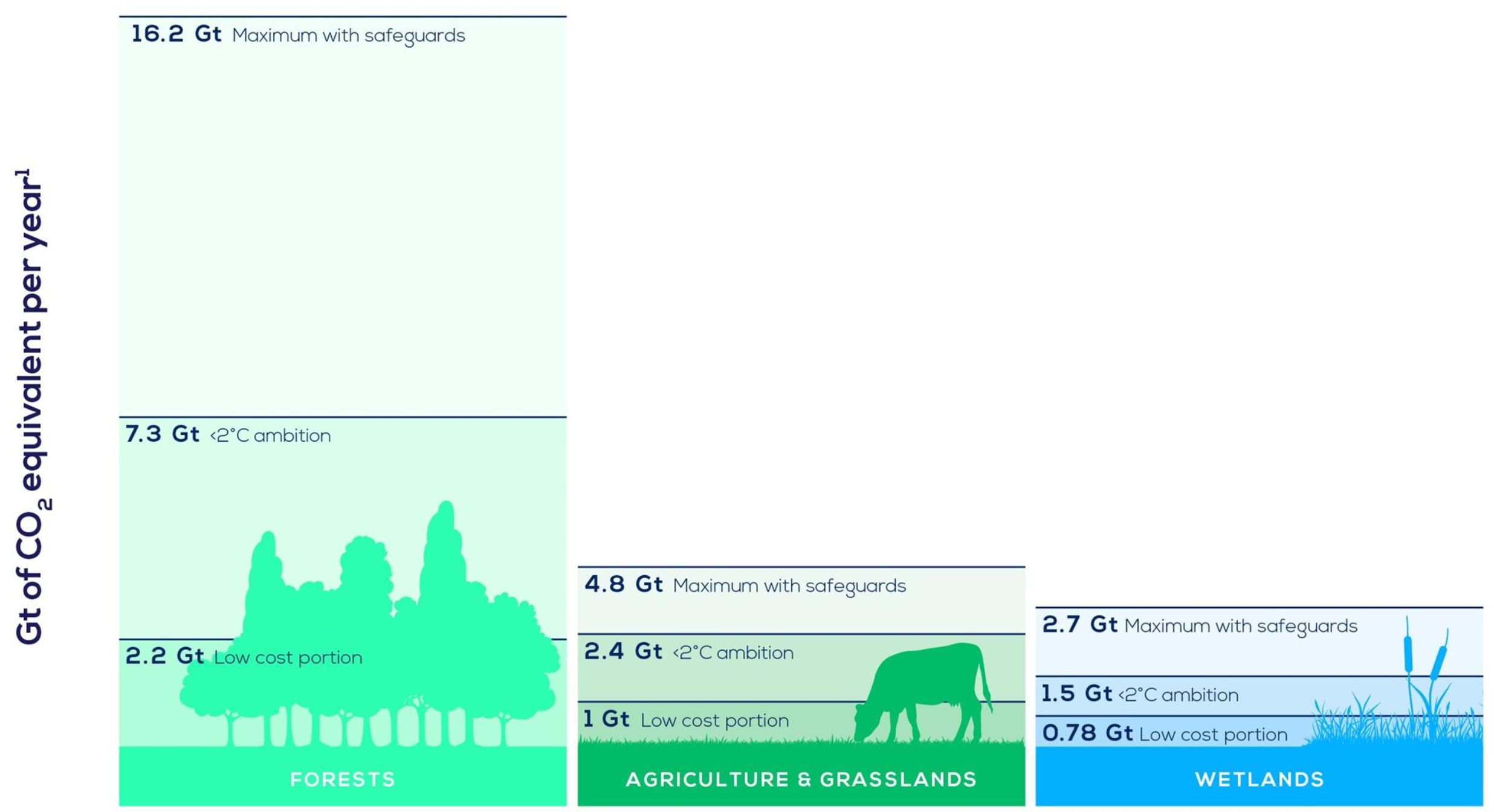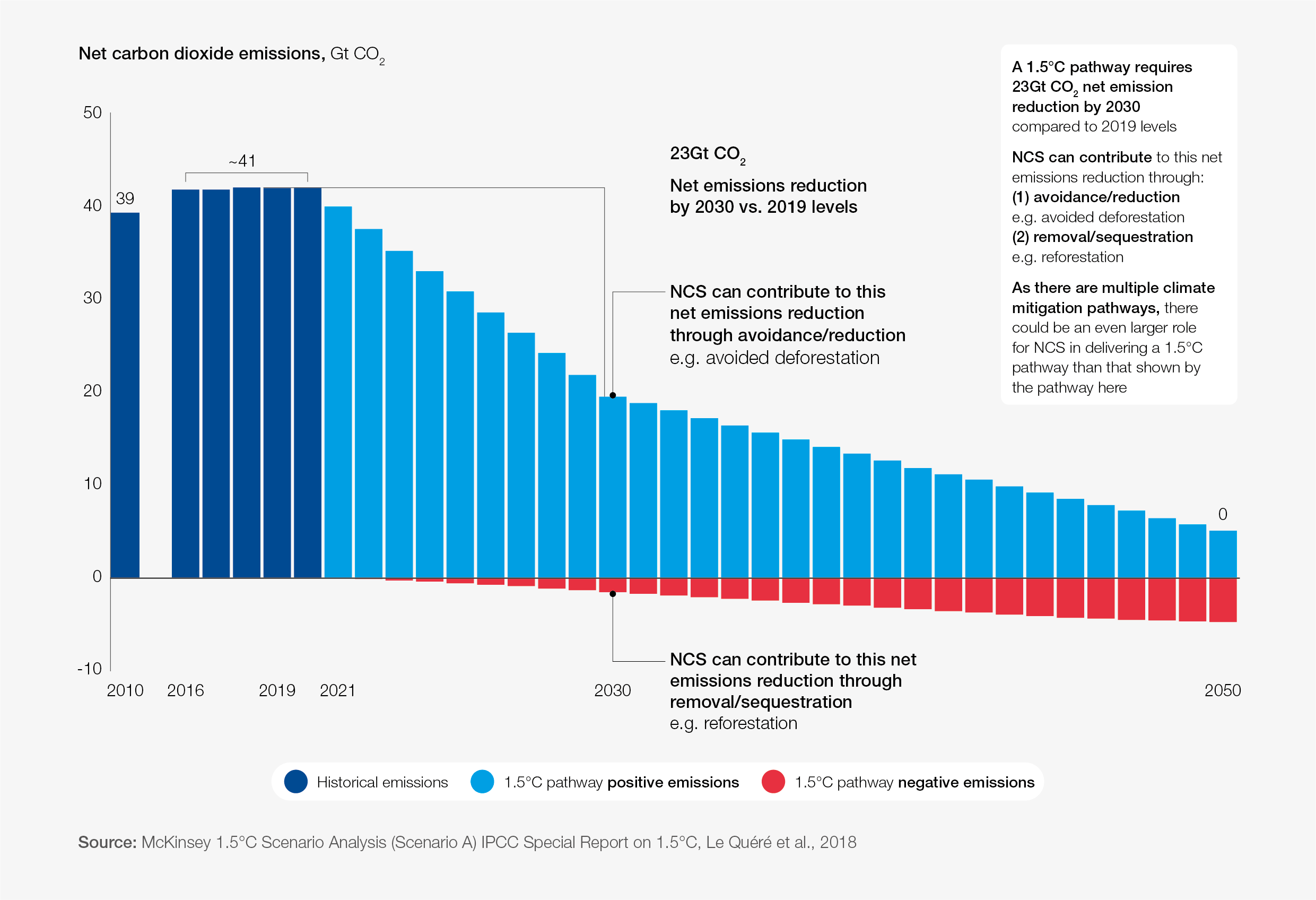How data, digital platforms and collaboration can create systemic resilience

Data richness and digital platforms are vital tools in building preparedness for and resilience against major risks. Image: Pexels

Get involved with our crowdsourced digital platform to deliver impact at scale
Stay up to date:
Insurance
- Climate change, the war in Ukraine and COVID-19 show us how systemic risks need a coordinated global response.
- Data richness and digital platforms are vital tools in building preparedness for and resilience against major risks.
- Governments and businesses must work together to develop action plans so we are ready for the next systemic risk event.
When insurers talk about risk, it often seems quite abstract. That is especially true when it comes to systemic risks – those risks that fundamentally disrupt entire economies. But in the past two years we've experienced systemic risks in very real and challenging ways.
First came COVID-19, with not only its impact on public health and the damage it has caused to economies at large, but also the myriad other personal consequences that many are still trying to overcome.
Collectively, we have learned a lot through this ongoing, shared experience, including a deeper awareness of not just our vulnerability, but also how we can all work together in the face of an unprecedented common threat.
Then came the war in Ukraine. For those of us that have been raised in Europe and are used to its inclusive, values-centric, multicultural ways, the experience is absolutely dystopian.
Twenty-three years ago, I married into a Ukrainian family, and for the past weeks I have been witnessing first-hand the experience of war refugees and the trauma caused by their lives facing upheaval overnight. We picked up family members from Ukraine and brought them to safety in Switzerland – the constant fear and worry for those who had to be left behind is with us daily.
The psychological comfort of being able to rely on a well-organised system of support in my elected home country of Switzerland, as well as the incredible empathy of friends and colleagues, cannot be quantified.

Third, the climate crisis continues to loom large as we experience the inescapable nature of climate change on a much more regular basis. In 2021, there were more than 50 severe flood events around the world, resulting in combined economic losses of over $80 billion. Unfortunately, events like flooding – which affects nearly a third of the world population – are becoming more common, yet we have done little to adapt to their disruptive power.
I am always considering the role the (re)insurance industry can play and how we can combine our skills with those of others to build societal resilience. How can we help governments, businesses and individuals operate at their best, while ensuring efficiency and effectiveness during critical moments? The partial answer I have come to is that we need massive data integration to feed into holistic risk management services.
Rethinking public-private partnership plans
The demand for sustainable ways forward is mounting. The insurance industry must build on this shift in public sensibility and work together with governments to ensure future preparedness against risks.
Together with our stakeholders in government, we can augment the public sector risk management capacity and broaden risk financing options, as well as explore with renewed conviction different approaches to dramatically scaling up impact on adaptation gaps.
In fact, we are not starting from zero. Some reference cases exist, and we need to embrace the lessons learned during the past three years, while acknowledging that some chapters in the book of resilience are still being written.
What could such a roadmap look like?
The first step to greater resilience is to identify systemic risks, while also realising that – as COVID-19 has shown us – identification on its own simply isn’t enough. Many forward-planning, Western countries created pandemic response plans and frameworks decades ago, yet still registered high deaths from COVID-19.
Why is that? While the risks were identified, no risk management frameworks had been put in place or meaningfully tested for rapid and effective roll-out. Further, tools at hand were not adaptive to the dynamic evolution of the pandemic; we spent months in catch-up mode.
What is the World Economic Forum doing on natural climate solutions?
To this date, only a few countries have a holistic, risk management framework – along with dedicated risk officers and registers to continue to improve responsiveness and risk mitigation measures. This is a structural gap that must be closed with urgency. As recent world events continue to remind us, systemic risks cannot be truly overcome until nations and agents within each nation are appointed to plan and work together to build resilience.
Next, we need to be much more integrated, adaptive and nimble in our responses.
Digital platforms enhance readiness and response
Swiss Re is now collaborating with governments to build a bespoke, digital platform for the coordination of emergency efforts in the event of a natural catastrophe. While some countries already have mandatory insurance pools in place to protect homeowners and commitments from insurers to supporting them with loss-adjustment efforts, creating a digital platform together is a wholly novel approach. Once launched and operational, such digital platforms will empower immediate and safe information sharing, as well as facilitate and monitor the emergency response across a wide group of stakeholders. Of course, scenario analysis and ex-ante preparedness will be part and parcel of the platform design.
Our coordination need not stop at physical risk resilience: these platforms can be scaled to tackle other systemic risks, too. Key is to start with a core nucleus of assets and capabilities, with an adaptive design that allows scalability in multiple directions at minimum cost.
While work has been initiated with a few pilot countries that already have an established risk framework in place, our ambition is to make the approach available to many more nations so that they can leapfrog their structural gaps.
Swiss Re’s purpose is to make the world more resilient by being a partner for risk insight and risk transfer, and that rings true now more than ever. I hope many will share our enthusiasm to get into the action – and the World Economic Forum’s Annual Meeting in Davos in May will provide the ideal opportunity to continue this dialogue with our partners from the public sector.
Don't miss any update on this topic
Create a free account and access your personalized content collection with our latest publications and analyses.
License and Republishing
World Economic Forum articles may be republished in accordance with the Creative Commons Attribution-NonCommercial-NoDerivatives 4.0 International Public License, and in accordance with our Terms of Use.
The views expressed in this article are those of the author alone and not the World Economic Forum.
Related topics:
The Agenda Weekly
A weekly update of the most important issues driving the global agenda
You can unsubscribe at any time using the link in our emails. For more details, review our privacy policy.
More on Forum InstitutionalSee all
Spencer Feingold and Gayle Markovitz
April 19, 2024
Kate Whiting
April 17, 2024
Andrea Willige
March 27, 2024
Shyam Bishen
March 20, 2024
Simon Torkington
March 15, 2024








